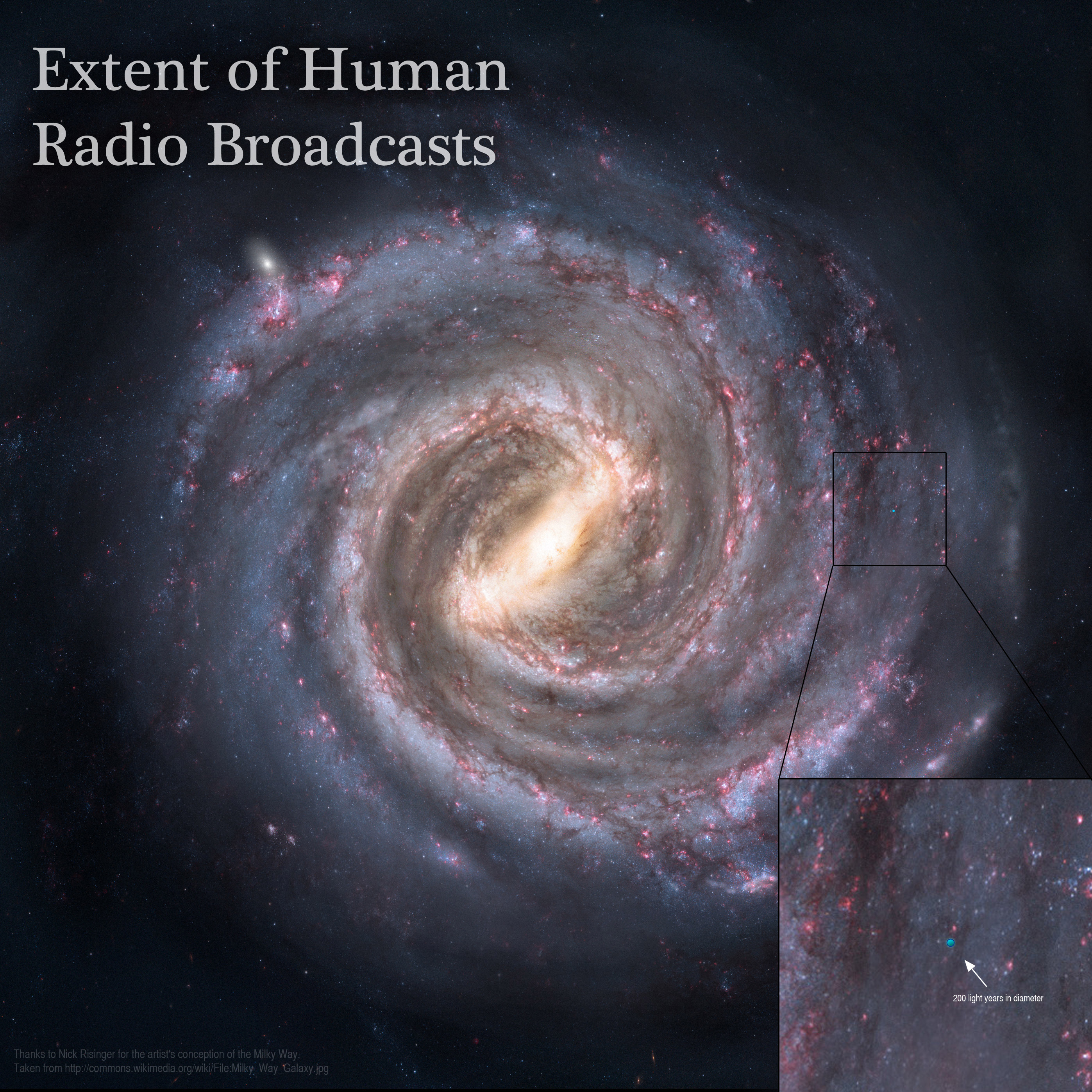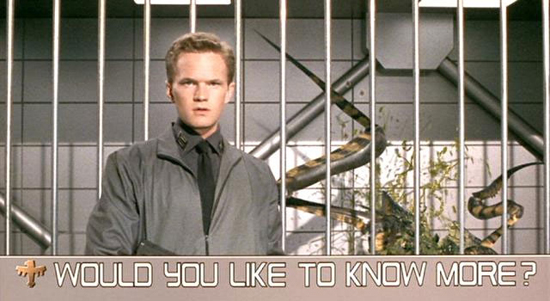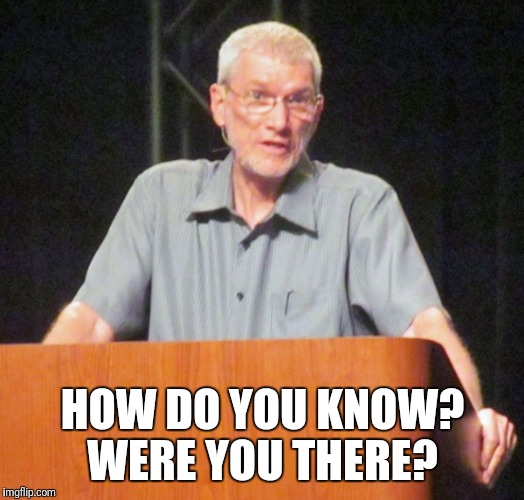When observing planetary objects a bunch of factors need to be correct for us to detect them. Like timing and technology.
The Earth is 7.5 billion years old and our technosignatures are only detectable probably since we started broadcasting radio signals a hundred years ago. So we're not even considered being a blink of an eye compared to how long Earth exists. Biosignatures are much easier to detect but you can't necessarily conclude that the origin are intelligent life forms. Our search methods and the technology we expect to find can differ a lot from reality. We can't realistically expect all life forms to evolve just like us as well.
So we're hoping to find a civilization existing; then at the same time as we do (or slightly prior to us); using roughly the same technology. That's an almost impossible endeavour regardless of how advanced technology will be. Even with the best observational methods you can't force planets around us to have intelligent life right now.
The Earth is 7.5 billion years old and our technosignatures are only detectable probably since we started broadcasting radio signals a hundred years ago. So we're not even considered being a blink of an eye compared to how long Earth exists. Biosignatures are much easier to detect but you can't necessarily conclude that the origin are intelligent life forms. Our search methods and the technology we expect to find can differ a lot from reality. We can't realistically expect all life forms to evolve just like us as well.
So we're hoping to find a civilization existing; then at the same time as we do (or slightly prior to us); using roughly the same technology. That's an almost impossible endeavour regardless of how advanced technology will be. Even with the best observational methods you can't force planets around us to have intelligent life right now.





